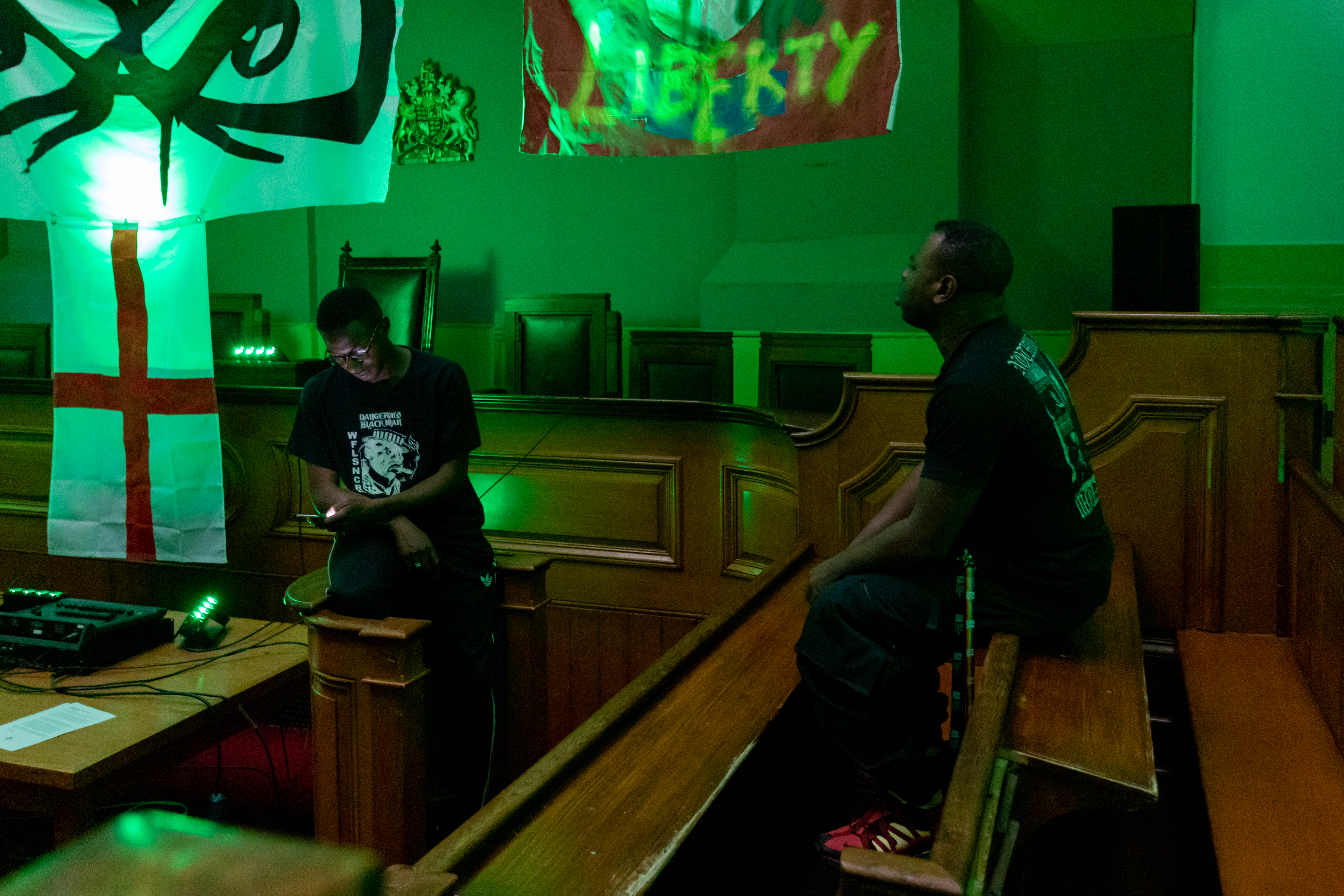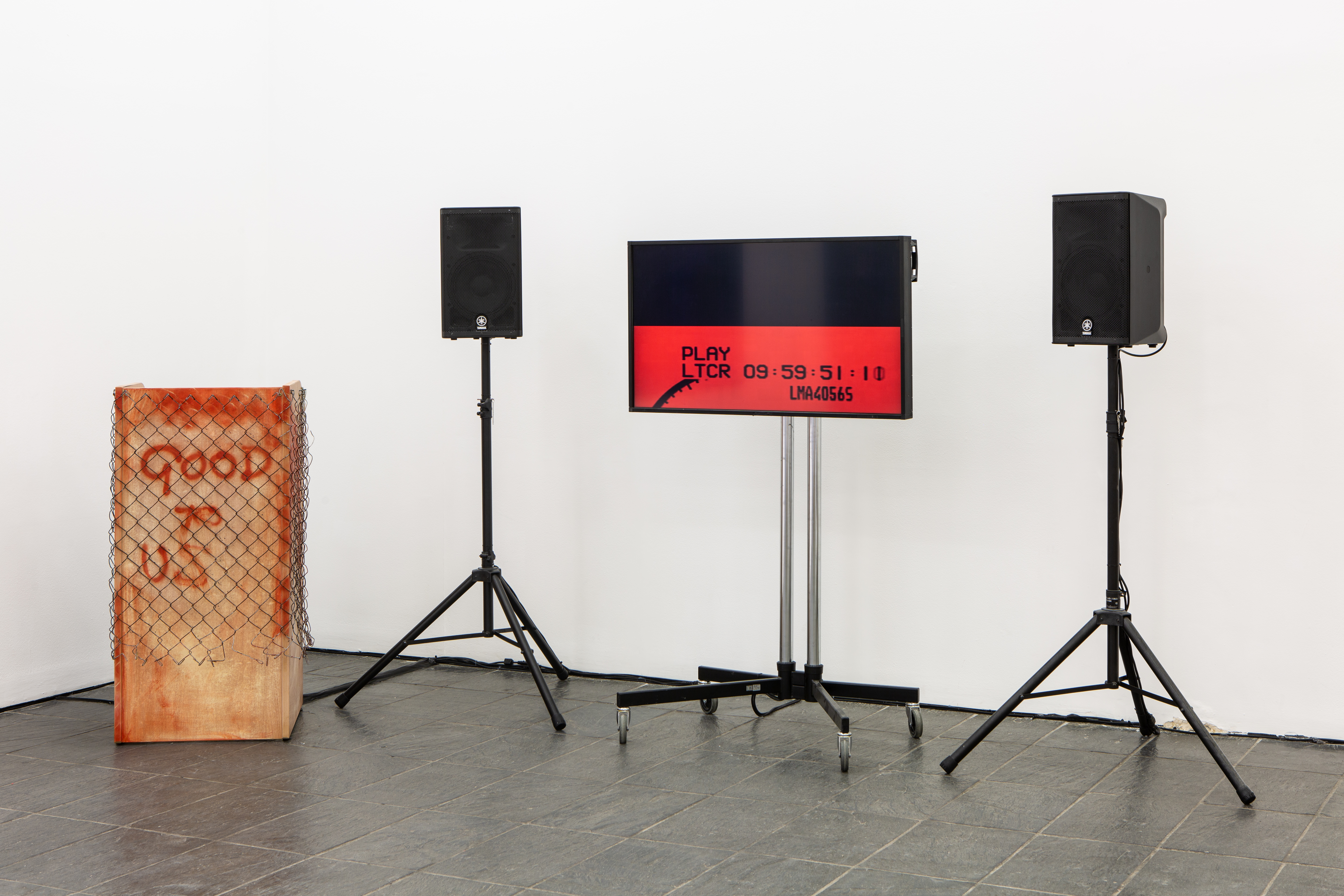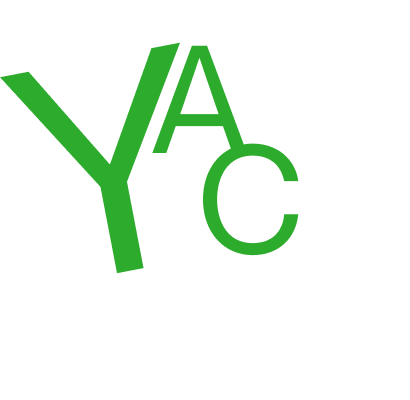Ashley Holmes
Interview by David McLeavy
-
Published November 2019
-
We have known each other for a long time now, having first met around 9 or 10 years ago back on our BA in Sheffield, and have been part of similar studio communities over the years, and I can't believe this is the first time I have chatted to you in a more formal context about your work.
I am interested in finding out what you have been working on over the last 6 - 12 months as it seems you have diversified your practice a lot and have started to work more with spoken word performance, choreographing others into performances as well as building larger environments or installations.
So I want to start by asking what has lead to your more expanded way of working?
Yeah, that's right. That feels like a long long time ago! I guess I started to develop a set of questions that I wanted to try to address around a similar time that I was doing the Site Gallery Platform Residency in early 2017 and they have developed and been ongoing since then.
The work I was making before that point was predominantly video based and the residency gave a brief period of time and space to be a little more reflective than I had previously had opportunity to in my work. It was the first time I'd done a residency and at that point and I wasn't really all too sure what a residency actually should entail. I knew I wanted to explore and present some ideas with new video works, alongside inviting other people into the gallery to share their work and to take part in a series of discussions, performances and screenings. I was keen to generate something more social and informal than what the majority of my own experiences in a gallery had been. I think it was probably around this time that I really started to consider ways of expanded on some of my interests and it being part of 'the work.'
 Cry Then Win Then Lose Reaction, solo exhibition at Two Queens, Leicester. Image by Jules Lister
Cry Then Win Then Lose Reaction, solo exhibition at Two Queens, Leicester. Image by Jules ListerYou mention that your Platform residency at Site Gallery in 2017 was one of the first times that you were able to invite people into the gallery and participate in discussions and to present what they do in relation to your work. This seems to have continued in your work through some recent projects, in that you have been working more collaboratively. Could you talk a little more about that approach and about some recent projects where you have worked in a more open way and in dialogue with other artists and groups?
The residency was around a similar time that I was starting to think a lot more about collective and group activity, as an extension of a more solitary practice.
Having a multiplicity of voices is always something that I’ve been interested in. Especially when lots of people are doing really great things and have lots to say. And I’ve always been curious about the work people around me are doing across different disciplines, but never really found a moment to properly get into talking about and sharing that. Like, knowing a bit about the work is cool, but I remember a real want for somewhere to get further insight into what informed people’s ways of working and thinking, so the Platform residency felt like the perfect chance to reach out and start a conversation - both with people who I had existing relationships with, and some whose work I had been familiar with but not had opportunity to meet before. Since then I guess also coming to the realisation that those conversations aren’t always suitable or necessarily need to take place in an exhibition/gallery setting.
And since then, that has manifested as a series of conversations and collaborations over recent months. The Open Deck series is something I started earlier this year. It’s pretty straightforward in its format and is a way of exploring how to facilitate space for listening with a critical discourse around the material people contribute. People are invited to bring music and contribute to a space of collective listening and sharing of stories, memories and perspectives.
 Double 6, collaborative performance with R.I.P. Germain at former Court Room of Leeds Town Hall. Image by Jules Lister courtesy of Poor Image Projects & Index Festival
Double 6, collaborative performance with R.I.P. Germain at former Court Room of Leeds Town Hall. Image by Jules Lister courtesy of Poor Image Projects & Index FestivalAs your work has broadened out to include other forms of 'making', have you found it a challenge to try and articulate what your art practice has become?
I like lots of different things and interested in lots ways of working, so it does feel important for that to be present in what I do. That is usually dictated by what I’m thinking about or who I’m working with. I don’t have a studio that I work from at the moment, so maybe there’s a fluidity to how I work that comes out of that too.
So I wouldn’t say that I like the fact that it might be difficult to place. It’s challenging for me to articulate myself a lot of the time, which I think I quite like. I dunno. I like to try not to get too bogged down in that anyway, and just explore an interest in what happens when we are provided (or giving) a space for ideas and conversation.
You mentioned that you don't have a studio at the moment, I wonder if you can talk a little bit about how you actually make your work? What does a day in the life of Ashley Holmes look like?
Yeah, that’s a fairly recent thing for me. Up until a few months ago I’d been working from a studio and toward the end of that time was feeling a bit at odds with having a physical space to work from. I was in part time employment and financially I think a studio was something of a luxury really and also it wasn’t really sustainable for me. Maybe also something I may not have necessarily needed at that point for how I was thinking and producing work. People’s requirements differ completely, of course, but for me that thinking seemed to be happening a lot while I was on the bus or train or walking and the making either at home or in situ. That being said, since leaving I’ve realised how much I valued the communal aspect of having a support network, I miss it!
It was around a similar time that I’d come across a ‘Checklist of Care’ made by an artist called Sheila Ghelani. I think I’d seen somebody repost it online. There were lots of things listed that resonated when I read it, in terms of having a well rounded practice.
 Panini Series #01, #02 & #03, 2018 - Image by Karolina Krasuska courtesy of J Hammond Projects & the artist
Panini Series #01, #02 & #03, 2018 - Image by Karolina Krasuska courtesy of J Hammond Projects & the artistIt raised lots of questions and feelings I was experiencing but didn’t ever feel like I had the tools or knowledge to really articulate - holistically and practically. I’m still trying to address lots of questions from that. So more recently, trying to be resourceful and/or repurposing feels important to me. I guess I was feeling uncomfortable as to weighing up if there was a real function or purpose to what I was doing. And then with the other things I like doing outside of exhibitions, if there isn’t something physical being made, how can a radio show or working in another way with sound or moving image or even facilitating conversation be of equal value and meaning to an object for me.
In terms of my day to day at the moment I am trying to find a balance of teaching a day a week on a couple of undergraduate fine art courses in the local area and working on my own projects in between. It is a struggle, because financially things are by no means comfortable, but I also am really grateful and aware of the privileges I’m afforded in having that time and space to search for that balance. It means having to be a little more selective than I’d like in the things I’m able to do and commit to in my work and social life, but also something I feel strongly about. It’s something I’m still trying to navigate and am always curious about how people operate. I think transparency is important because I do think the more there are viable (and visible) options for how and where we are afforded the agency to make work and explore our ideas, the better.
 Survey, Installation View. Image by Rob Harris courtesy of BALTIC & Jerwood Arts
Survey, Installation View. Image by Rob Harris courtesy of BALTIC & Jerwood ArtsWhat are you working on at the moment?
I’m working on a new body of work at the moment which ideas and research have been coming together for over the past few months now. That will be presented in a solo exhibition in the new year. Alongside that, still developing ideas for collaborative works and also the Open Deck project is kind of ongoing and will move around to some venues and locations outside of Sheffield over the coming months.
-
ashleyholmes.co.uk
-
If you like this why not read our interview with Emii Alrai
-
© YAC | Young Artists in Conversation ALL RIGHTS RESERVED
